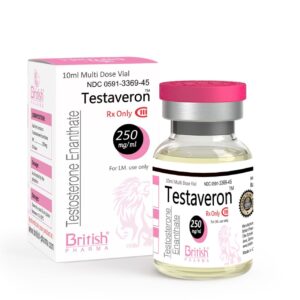Understanding Alzheimer’s Disease and Amyloid Plaques
Alzheimer’s disease is primarily characterized by the accumulation of two abnormal proteins in the brain: amyloid-beta plaques and tau tangles. These proteins interfere with neuron communication, leading to cell death and brain shrinkage. Among these, amyloid-beta plaques are considered one of the earliest contributors to Alzheimer’s development.
Anti-amyloid drugs are designed to target and reduce amyloid buildup, potentially preventing or delaying the onset of symptoms in people at risk of developing Alzheimer’s.
Recent Breakthrough in Anti-Amyloid Therapy
promising new anti-amyloid drug has shown encouraging results in recent clinical trials. The drug works by binding to amyloid-beta proteins and clearing them from the brain before they can form toxic plaques.
In a large-scale study involving individuals with early-stage Alzheimer’s or those at high risk, researchers found that:
The drug significantly reduced amyloid buildup in the brain, as confirmed by imaging scans.
Participants receiving the drug showed slower cognitive decline compared to those given a placebo.
Some patients experienced mild side effects, but overall, the drug was well tolerated.
These findings suggest that early intervention with anti-amyloid therapy could be a game-changer in Alzheimer’s prevention.
How the Drug Works
he new anti-amyloid drug is a monoclonal antibody designed to recognize and attach to amyloid-beta proteins. Once attached, the body’s immune system clears these proteins from the brain, preventing the formation of harmful plaques.
This mechanism differs from previous Alzheimer’s treatments, which primarily focused on symptom management rather than targeting the root cause of the disease. By addressing amyloid buildup early, this drug has the potential to slow or even prevent the onset of cognitive decline.

Who Could Benefit from This Drug?
While the drug is still undergoing further testing, it is expected to benefit:
Individuals with a genetic predisposition to Alzheimer’s
Patients with mild cognitive impairment (MCI) who are at high risk of progressing to Alzheimer’s
Older adults with early signs of amyloid accumulation detected through brain scans or biomarkers
Early detection is key to maximizing the benefits of this treatment. Advances in biomarker research and brain imaging have made it possible to identify amyloid buildup even before symptoms appear, allowing for timely intervention.
Future of Alzheimer’s Prevention and Treatment
The development of anti-amyloid drugs represents a significant step toward preventing and managing Alzheimer’s disease. In combination with other potential therapies targeting tau protein buildup, inflammation, and neuroprotection, the future of Alzheimer’s treatment looks more promising than ever.
Additionally, lifestyle factors such as a healthy diet, regular exercise, cognitive engagement, and proper sleep continue to play a crucial role in reducing Alzheimer’s risk. Combining medical advancements with preventive lifestyle measures could lead to a more comprehensive approach to tackling the disease.
Add Your Heading Text Here
The recent success of anti-amyloid drug trials marks an exciting milestone in Alzheimer’s research. While challenges remain, this breakthrough provides renewed hope for millions of people at risk of developing the disease. Continued research, early diagnosis, and increased accessibility to treatments will be essential in the fight against Alzheimer’s.
Our Products
-
Tadaga Super 60mg
$2.00 / Per Pill
-
Lovegra 100mg
$1.50 / Per Pill
-
Testosterone Enanthate
$240.00 / Per 10ml





